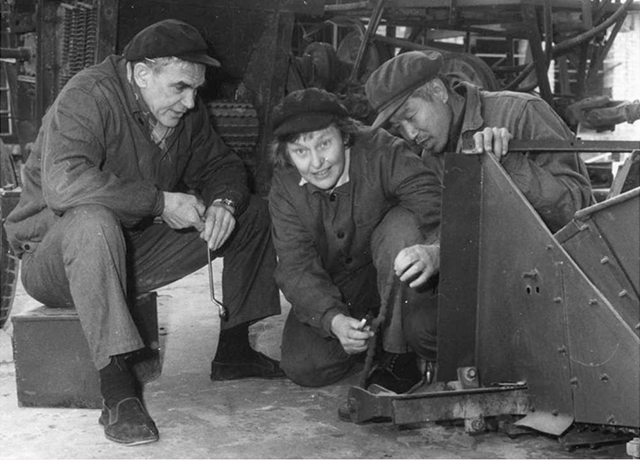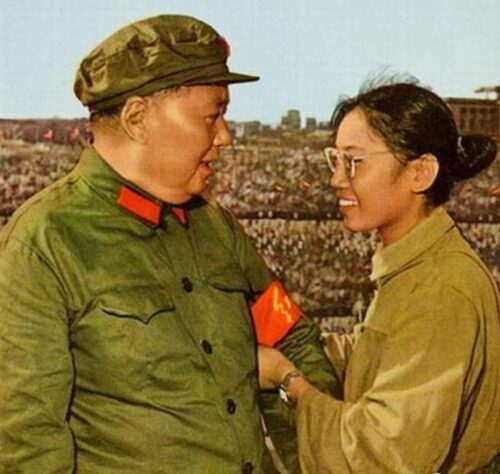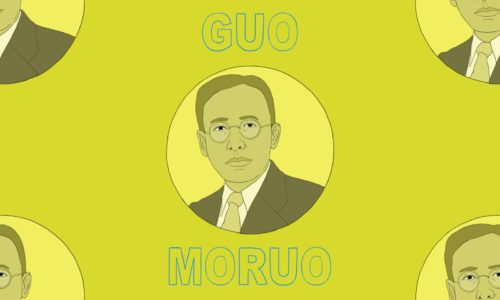Foreigner accounts of the Cultural Revolution

This month’s Kuoras will examine the Cultural Revolution. Last week’s column was on literature about the era. This week’s column comes from one of Kaiser’s answers originally posted to Quora on February 26, 2016:
What was it like to live as a foreigner during the Cultural Revolution?
The best accounts would be from Sidney Rittenberg, a most excellent gentleman passed away last year in his home in Arizona at the age of 98. He wrote a book called The Man Who Stayed Behind and has done numerous interviews in the English-language press, including this one in The Atlantic from two years ago, as well as this one in Danwei, which is about a documentary called The Revolutionary. There’s an abundance of writings by and about the man if you look for him. We also interviewed him for the Sinica Podcast in 2017:
There are many other Westerners who lived in China during the Cultural Revolution. Erwin “Sid” Engst and Joan Hinton (pictured above), for instance. Joan was actually a nuclear physicist who worked on the Manhattan Project, but moved to China in 1948, and lived out her life there until she passed away in 2010. Their sons Fred and Bill Engst are the subject of this profile on PRI, which is fascinating. I had the pleasure, when I was a boy in Upstate New York, of meeting Fred, and it was really disorienting for me: Here was this tall, gangly Caucasian who had not only the body language but also the thick accent of a PRC national. This was in the mid/late-1970s, maybe 1977.
Joan Hinton’s brother, William Hinton, author of a book about China’s land reform, Fanshen, was back in the U.S. during the Cultural Revolution, but he was married to a woman named Bertha Sneck, who did live in China during the Cultural Revolution. She was in Beijing and worked for the publication China in Pictures until 1972. (The daughter of William Hinton and Bertha Sneck is Carma Hinton, the documentary filmmaker who made The Gate of Heavenly Peace, about the 1989 student protests).
There are many others I’ve not mentioned, but their experiences varied greatly with their proximity to power (basically, the closer they were to it, the more likely it was they suffered badly during the Cultural Revolution), and they have very different perspectives on what life was like during that time.
Kuora is a weekly column.





